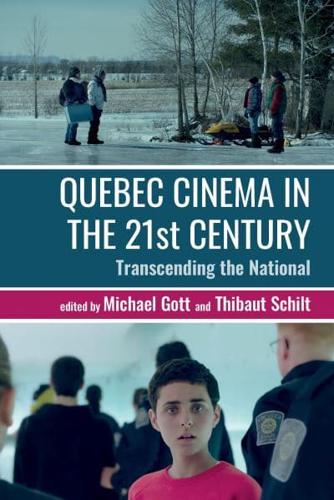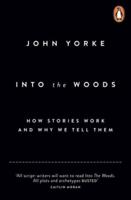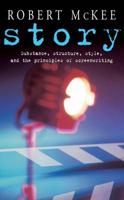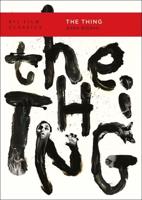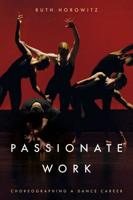Publisher's Synopsis
This collection of ten chapters and three original interviews with Québécois filmmakers focuses on the past two decades of Quebec cinema and takes an in-depth look at a (primarily) Montreal-based filmmaking industry whose increasingly diverse productions continue to resist the hegemony of Hollywood and to exist as a visible and successful hub of French-language - and ever more multilingual - cinema in North America. This volume picks up where Bill Marshall's 2001 Quebec National Cinema ends to investigate the inherently global nature of Quebec's film industry and cinematic output since the beginning of the new millennium. Through their analyses of contemporary films (Une colonie, Avant les rues, Bon cop, bad cop, Les Affamés, Tom à la ferme, Uvanga, among others), directors (including Xavier Dolan, Denis Côté, Sophie Desrape, Chloé Robichaud, Jean-Marc Vallée, and Monia Chokri) and genres (such as the buddy comedy and the zombie film), our authors examine the growing tension between Quebec cinema as a "national cinema" and as an art form that reflects the transnationalism of today's world, a new form of fluidity of individual experiences, and an increasing on-screen presence of Indigenous subjects, both within and outside the borders of the province. The book concludes with specially conducted interviews with filmmakers Denis Chouinard, Bachir Bensadekk, and Marie-Hélène Cousineau, who provide their views and insights on contemporary Quebec filmmaking.
